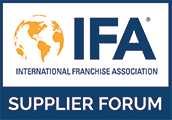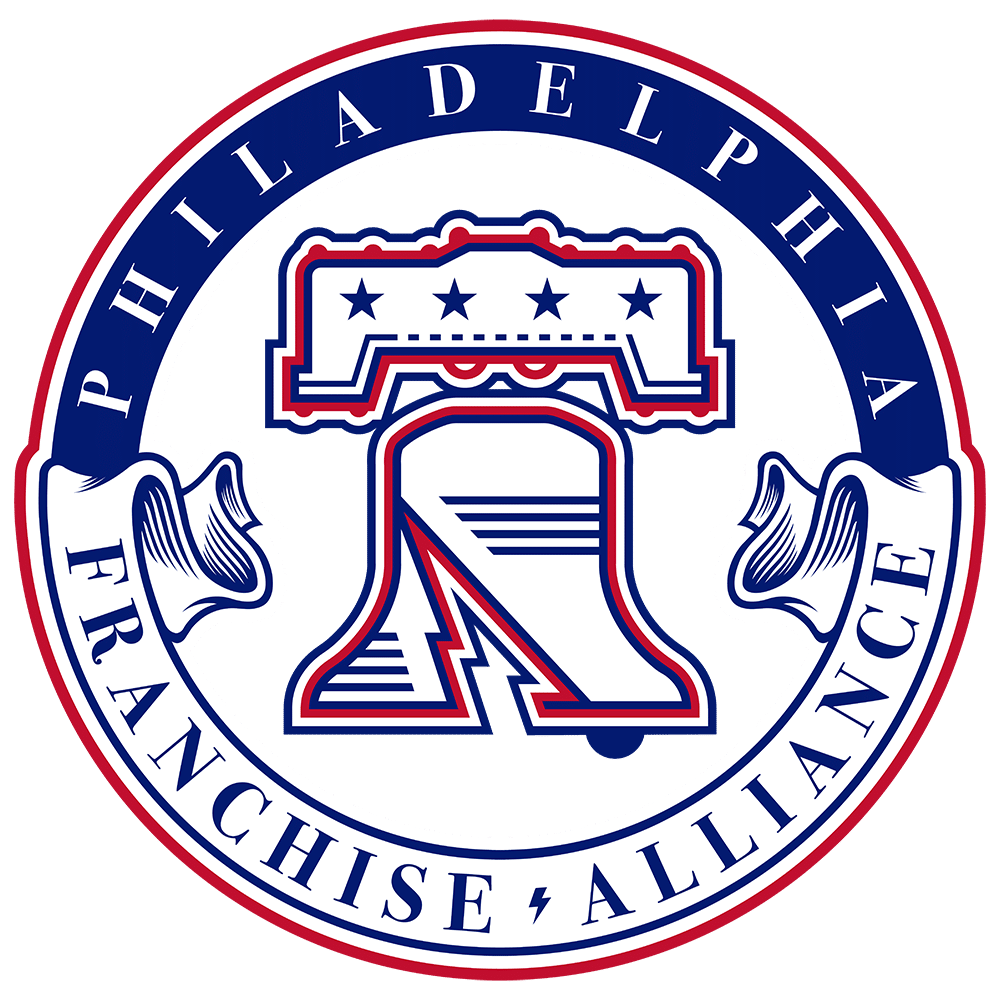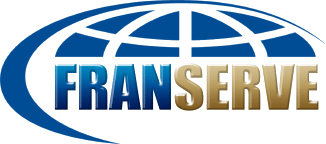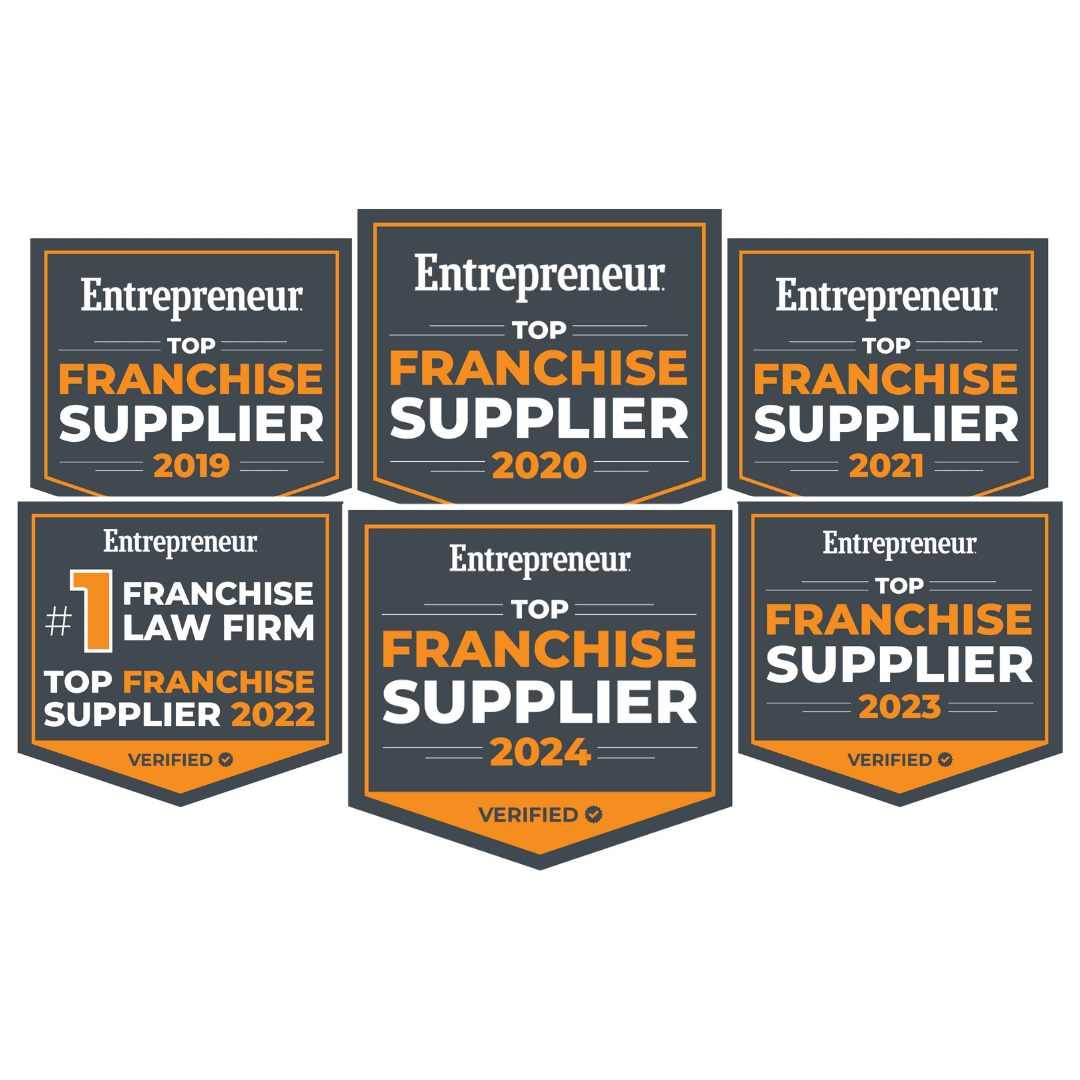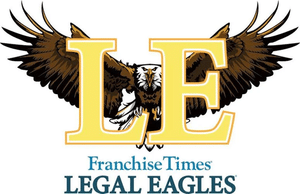If you are willing to finance any part of the initial fees for your franchisees, Item 10 is where we disclose that information. Many franchisors choose not to provide financing to their franchisees. However, if you intend to do so, we need to disclose the specifics of this arrangement. This includes the amount you will finance, the payback period, the interest rate, whether you will have a security interest in the franchisee’s assets (we recommend you do), who must personally guarantee the loan, and the consequences of default.
You may see in some FDDs, especially older FDDs, information related to SBA Guaranteed loans. Based on feedback and requirements from State Examiners, we don’t believe it is proper to disclose information related to SBA loans in your FDD.
ITEM 10: SUMMARY OF FINANCING OFFERED
| Item Financed |
Source of Financing |
Down Payment |
Amount Financed |
Term (Years) |
Interest Rate |
Monthly Payment |
Prepay Penalty |
Security Required |
Liability Upon Default |
Loss of Legal Right on Default |
| Initial Fee |
Belmont (note 1) |
|
$10,000 |
10 |
18% |
$180 |
None |
Personal Guarantee |
Loss of franchise-unpaid loan |
Waive notice. Confess judgment |
| Land/ Constr |
|
|
None |
|
|
|
|
|
|
|
| Leased Space |
Belmont (note 2) |
$2,000
(security deposit) |
|
7-10 |
N/A |
$3,000-$6,000 |
None |
Personal Guarantee |
Loss of franchise; back rent plus 2 months; franchise rights, collection costs incl. attorneys fees |
None |
| Equip. Lease |
USA Credit Corp.
(note 3) |
None |
$5,000 |
5 |
15% |
$100 |
None |
Personal Guarantee |
Equip. removed; past due payments; $1000 liquid damages; costs of collection |
Lose all defenses |
| Equip. Purchase |
Belmont (note 4) |
$1,250 (25%) |
$3,750 |
2-7 |
15% |
$72-$182 |
$500 |
Personal Guarantee |
Loss of franchise, equip. removal; overdue payments; collection costs, incl. attorneys fees |
None |
| Opening Inventory |
|
None |
|
|
|
|
|
|
|
|
| Other Financing |
|
None |
|
|
|
|
|
|
|
|
Notes:
(1) If you meet Belmont’s credit standards, Belmont will finance the $10,000 initial franchise fee over a 10-year period at an interest rate (rate of interest, plus finance charges, expressed on an annual basis) of 18%, using the standard form note in Exhibit E. The only security we require is a personal guarantee of the note by you and your spouse, or by all the shareholders of your corporation. (Loan Agreement, Section) The note can be prepaid without penalty at any time during its 10-year term. (Loan Agreement, Section A.) If you do not pay on time, we can call the loan and demand immediate payment of the full outstanding balance and obtain court costs and attorney’s fees if a collection action is necessary. (Loan Agreement, Section B.) We also have the right to terminate your franchise if you do not make your payments on time more than three times during the note term. (Loan Agreement, Section C.) You waive your rights to notice of a collection action and to assert any defenses to collection against Belmont. (Loan Agreement, Section D1.) Belmont discounts and sells these notes to a third party who may be immune under the law to any defenses to payment you have against us. (Loan Agreement, Section D2.)
(2) In most cases, Belmont will sublease the franchised premises to you, but will guarantee your lease with a third party if you have acceptable credit and that is the only way to obtain a location. (Lease Section B.) The precise terms of Belmont’s standard lease in Exhibit B will vary depending on the size and location of the premises, but the chart reflects a typical range of payments for Belmont’s standard 6 bay franchise outlet, including payment of one month’s rent as a security deposit. (Lease Section C.)
The only other security we require is a personal guarantee of the lease by you and your spouse, or by all the shareholders of your corporation. (Lease Section D1.) The lease can be prepaid without penalty at any time during its term. (Lease Section D2.) If you do not make a rent payment on time, we have the right to collect the unpaid rent plus an additional two months’ rent, as liquidated damages. (Lease Section E.) Belmont can also obtain court costs and attorney’s fees if a collection agency is necessary. (Lease Section F.) If you are late with your rent more than three times during the lease term, we have the right to terminate the lease, take over the premises, and terminate your franchise. If Belmont guarantees your lease, we will require you to sign the guarantee agreement in Exhibit F. (Lease Section G.) This gives us the same legal rights as the sublessee but requires you to give Belmont the right to approve your lease and pay the rent for you if you fail to pay on time. (Lease Section G.)
(3) If you want to lease the pipe bending machine and other equipment you need, Belmont has arranged an equipment lease (Exhibit C) from USA Credit Corporation of Las Vegas, Nevada. If you choose this option, you will pay $100 a month for 60 months (5 years) at an interest rate (rate of interest, plus finance charges, expressed on an annual basis) of 15% based on a cash price of $5,000, with no money down. (Equipment Lease, Section A.) At the end of the lease term, you may purchase the equipment with a one-time payment of $2,500. (Equipment Lease Section B.) USA Credit requires a personal guarantee from you and your spouse, or from all the shareholders of your corporation, and retains a security interest in the equipment. (Equipment Lease, Section C.) The equipment lease can be prepaid at any time. (Equipment Lease, Section D.) If you do not make a payment on time, USA Credit can demand payment of all past due payments, remove the equipment, and charge you $1,000 as liquidated damages. (Equipment Lease, Section E.) USA Credit can also cover its costs of collection, including court costs and attorney’s fees. (Equipment Lease, Section E.) W hile Belmont does not know USA Credit’s policies, USA Credit may discount and transfer the lease to a third party who may be immune under the law to claims or defenses you may have against USA Credit, the equipment manufacturer, or Belmont. We receive a referral free of $500 from USA Credit for every franchisee who leases equipment from it.
(4) If you prefer, Belmont will sell you the pipe bending machine and other necessary equipment on time. (Equipment Purchase Agreement, Section A.) We require a 25% down payment of $1,250. (Equipment Purchase Agreement, Section A.) We will finance the remainder over a 2–7-year period at your option at an interest rate of 15%. (Equipment Purchase Agreement, Section B.) Payments range from $228.11 a month over 7 years to $821.58 a month over 2 years. (Equipment Purchase Agreement, Section C.) Belmont’s standard equipment financing note in Exhibit D must be personally guaranteed by you and your spouse, or by all the shareholders of your corporation, and we will retain a security interest in the equipment. (Equipment Purchase Agreement, Section D.) You may purchase the equipment at any time during the lease period by paying the remainder of the principal plus a $500 prepayment penalty. (Equipment Purchase Agreement, Section E.) If you do not make a payment on time, we can demand all overdue payments, repossess the equipment, and terminate your franchise. We can also recover our costs of collection, including court costs and attorney’s fees. (Equipment Purchase Agreement, Section E.)
Except as disclosed in Note 1, Belmont does not offer financing that requires you to waive notice, confess judgment, or waive a defense against us or the lender, although you may lose your defenses against us and others in a collection action on a note that is sold or discounted, as disclosed in Notes 2 and 3.
Except as disclosed in Note 3, Belmont does not arrange financing from other sources.
Except as disclosed in Notes 1 and 3, commercial paper from franchisees has not been and is not sold or assigned to anyone, and we have no plans to do so.
Except as disclosed in Note 3, Belmont does not receive direct or indirect payments from placing financing.
Except as disclosed in Note 2, Belmont does not guarantee your obligations to third parties.
This is a sample section from a fictional FDD for Belmont Muffler Shops that was prepared by the Federal Trade Commission as a compliance guide for franchisors preparing their FDD. These are used to provide an idea of what these items may look like in an FDD, but keep in mind, your FDD will most likely vary significantly from these examples.
